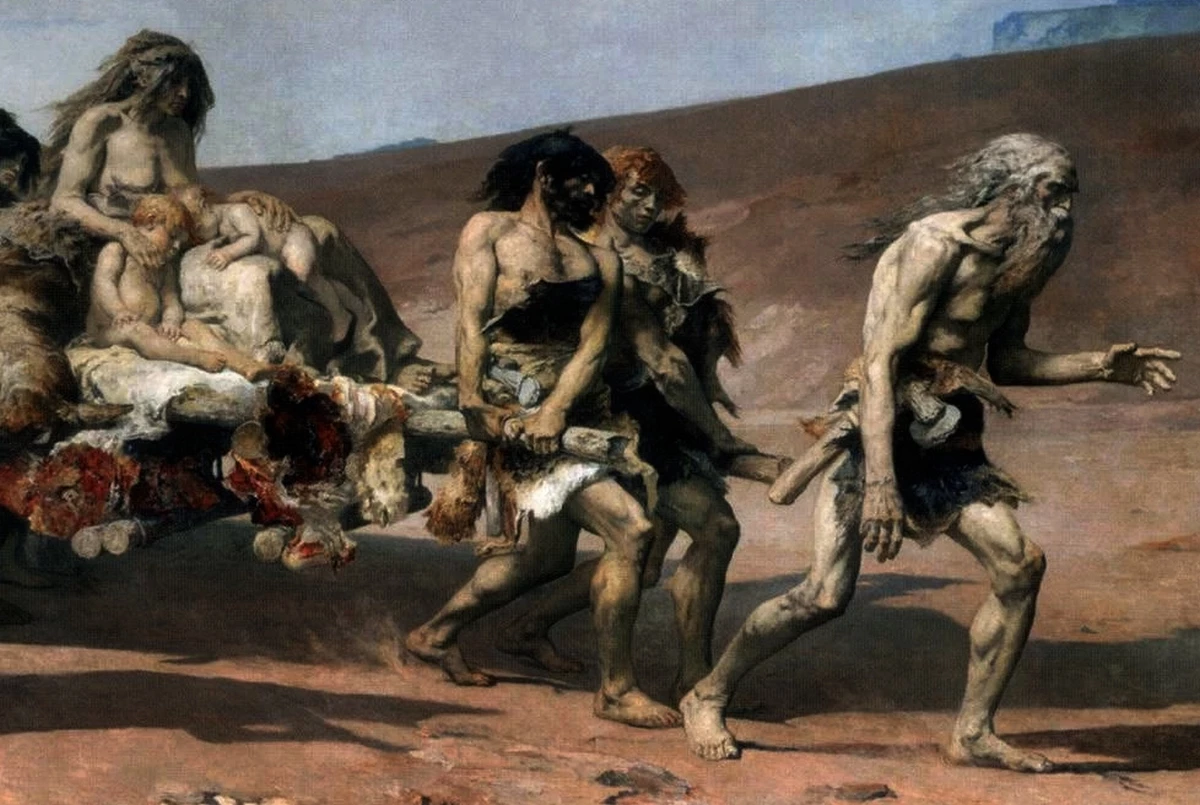
Cain and Abel, the sons of Adam and Eve, hold a significant place in biblical lore as figures central to the story of the first murder recorded in religious texts. Their narrative, deeply entrenched in Christian, Jewish, and Islamic traditions, is found in the Book of Genesis, specifically Genesis 4:1-16. The precise dates of birth and death for these figures are not documented in historical records, but their story has been a subject of theological and moral interpretation for centuries. This account explores their lives, the nature of their conflict, and its lasting implications.
The Early Life of Cain and Abel
Cain, the elder brother, was a farmer, cultivating the land, while Abel, the younger, was a shepherd, tending to flocks. This distinction in their professions played a crucial role in the unfolding events. Their upbringing, as the first generation born after the Fall of Man, was marked by the challenges and teachings of their parents, Adam and Eve, who had been exiled from the Garden of Eden.
The Sacrifice and God’s Favor
The pivotal event in the lives of Cain and Abel was their offerings to God. Abel’s sacrifice, a choice portion of his flock, was accepted by God, while Cain’s offering from his harvest was not. This divine preference for Abel’s offering ignited jealousy and anger in Cain, leading to a moral and emotional struggle that is often interpreted as a lesson in jealousy, pride, and divine justice.
The Murder and Aftermath
Overcome by envy and wrath, Cain committed the first murder by killing Abel. This act of fratricide marked a turning point in biblical history, illustrating the severity of sin and its consequences. Cain’s punishment from God was a life of wandering, further estranging him from God’s grace. This chapter of their lives serves as a profound lesson on sin, repentance, and divine justice.
Conclusion
The story of Cain and Abel extends beyond a mere historical account; it encapsulates profound moral and ethical teachings. Their lives symbolize the struggle between good and evil, obedience and sin, and the consequences of our actions. This narrative continues to resonate across generations, offering insights into human nature and divine justice.
References
- Friedman, Richard E. “Who Wrote the Bible?” HarperOne, 1997.
- Hamilton, Victor P. “The Book of Genesis: Chapters 1-17.” Eerdmans, 1995.
- JSTOR. “Cain and Abel in Text and Tradition: Jewish and Christian Interpretations of the First Sibling Rivalry.” Accessed 27 December 2023.
- JSTOR. “The Cain and Abel Story: An Interpretation.” Accessed 27 December 2023.
- Kugel, James L. “How to Read the Bible: A Guide to Scripture, Then and Now.” Free Press, 2007.
- Pitt.edu. “Cain and Abel: Variants and Analogues.” Accessed 27 December 2023.
